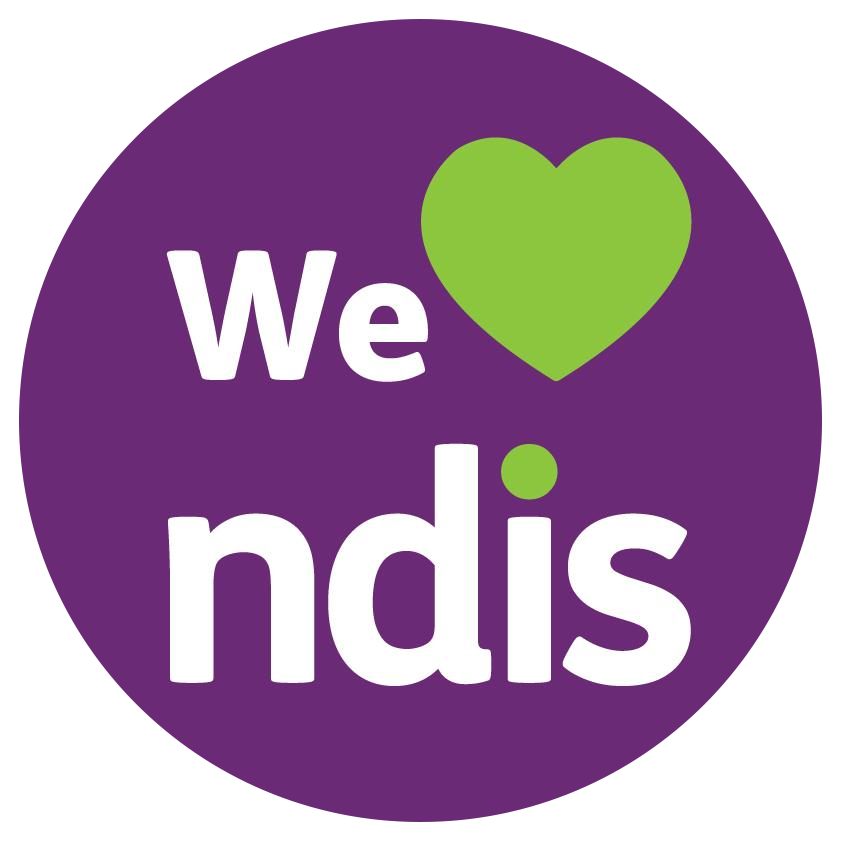Rural / Regional Support

We work with schools at regional areas to provide evidence based interventions to school students and train teachers up to implement these interventions successfully. This program involves a workshop being conducted, followed up with face to face training at schools on a termly basis for 4 terms. We work closely with teachers to support them with students identified to have high needs and behaviours of concerns at school. We conduct on site visits at least once a term and each visit can last for 1-2 days depending on the number of students requiring support; we then conduct follow up check ins during the term on a regular basis with school teachers.
What will Rural / Regional Support involve:
Teacher Training and Awareness: Provide professional development for teachers and school staff on recognizing signs of developmental delays, learning disabilities, and behavioral challenges.
Collaboration with Community Partners: Build partnerships with local healthcare providers, social services, and community organizations.
Parent and Caregiver Engagement: Educate parents and caregivers about typical child development milestones and signs of potential developmental delays.
Use of Technology and Telehealth: In regions with limited access to specialists, telehealth services can be utilized to conduct assessments and consultations remotely.
Benefits of Rural / Regional Support:
Early Intervention: Early identification allows for timely intervention and support, which is crucial for addressing developmental delays, learning disabilities, or other special needs.
Individualized Support: Once identified, children with special needs can receive individualized support tailored to their specific challenges and strengths.
Improved Educational Outcomes: Providing appropriate support early on enhances the likelihood of academic success and positive learning experiences for children.
Equity and Inclusion: Effective identification practices promote equity by ensuring that all students, regardless of their geographical location, have access to the resources.
Support for Teachers and Staff: Clear identification of students with special needs enables teachers and school staff to better understand and respond to the diverse needs of their students.


